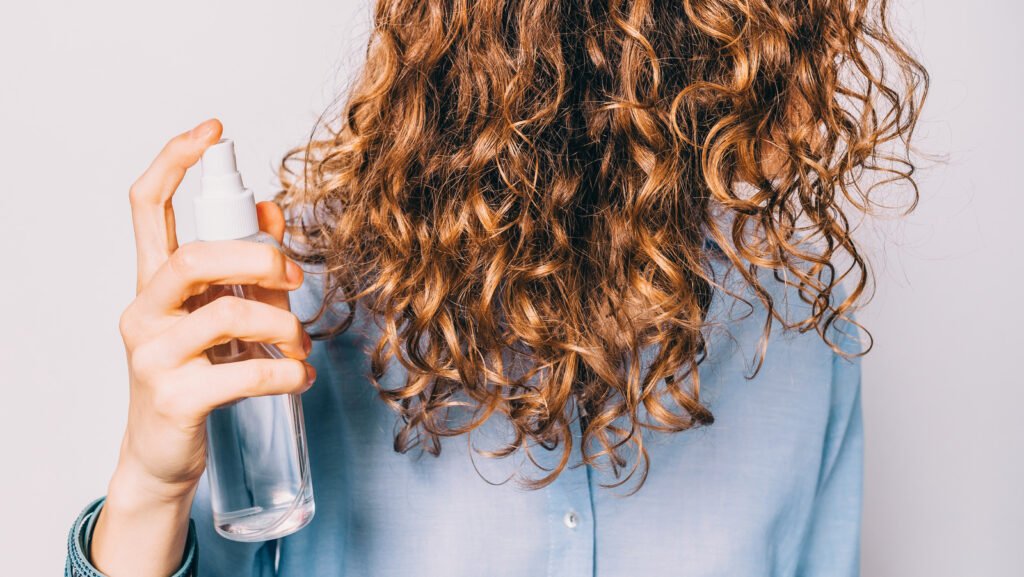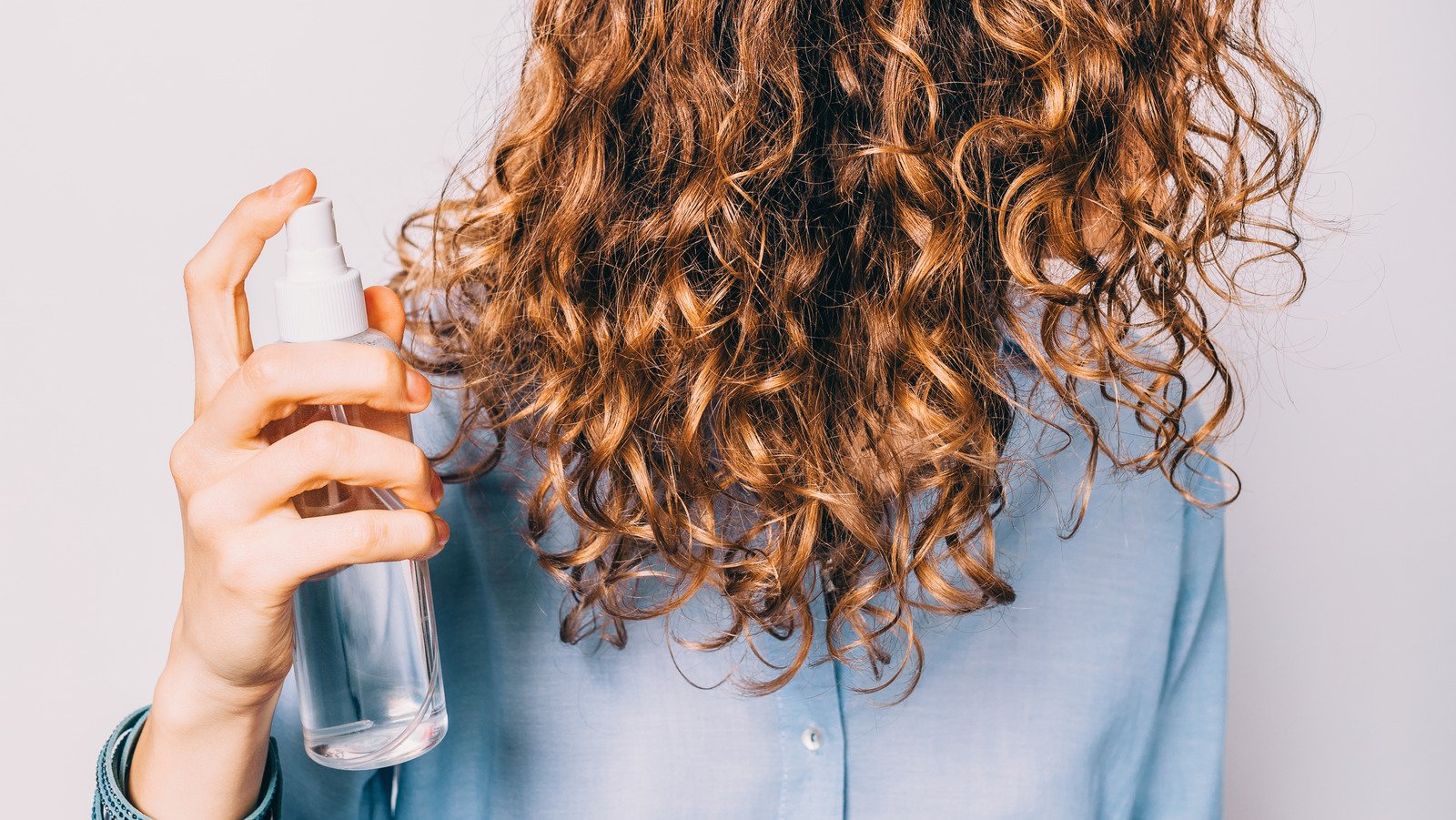Is Salt Water Good for Your Hair? Exploring the Effects and Benefits

Many people enjoy spending time at the beach and swimming in the ocean, but there is often debate about whether salt water is good for your hair. In this article, we will explore the effects of salt water on hair and discuss the potential benefits and considerations to keep in mind.
Effects of Salt Water on Hair:
- Drying Effect: Salt water has a natural drying effect on the hair. The high salt content can draw out moisture, leading to dryness and potential brittleness, especially with prolonged exposure.
- Texture and Volume: Salt water can give hair a unique texture and added volume. The salt creates a slight “beachy” or tousled look, which many people find desirable.
- Color Fading: If you have color-treated hair, frequent exposure to salt water can contribute to color fading. The salt can strip away some of the artificial color molecules, leading to a less vibrant appearance.
Potential Benefits of Salt Water on Hair:
- Exfoliation: Salt water can help exfoliate the scalp by removing dead skin cells and product buildup, promoting a healthier scalp environment.
- Sebum Regulation: Salt water has natural astringent properties that can help regulate excess sebum production, which is beneficial for individuals with oily scalps.
- Natural Texture Enhancement: Salt water can enhance the natural texture of your hair, giving it more body and a tousled look that many people find appealing.
Considerations and Tips for Salt Water Exposure:
- Rinse After Swimming: After swimming in salt water, it is important to rinse your hair with fresh water to remove the salt and reduce the drying effects. You can use a hydrating shampoo and conditioner to replenish moisture.
- Protect Color-Treated Hair: If you have color-treated hair, consider wearing a swim cap or applying a leave-in conditioner with UV protection before entering the salt water. This can help minimize color fading.
- Moisturize and Hydrate: To counteract the drying effects of salt water, use moisturizing hair products, such as deep conditioners or hair masks, to restore moisture and maintain hair health.
- Limit Exposure and Take Breaks: While salt water can have certain benefits, excessive and prolonged exposure may lead to dryness and damage. It is important to take breaks and give your hair time to recover and replenish its natural moisture.
- Overall Hair Care: Remember to maintain a well-rounded hair care routine that includes regular shampooing, conditioning, and proper hydration. This will help ensure the overall health and vitality of your hair, regardless of salt water exposure.
Salt water can have both positive and negative effects on hair. While it can contribute to dryness and potential color fading, it also offers potential benefits such as exfoliation and natural texture enhancement. It is important to take precautions, such as rinsing with fresh water after salt water exposure and using moisturizing products, to minimize the drying effects. Additionally, individuals with color-treated hair should be mindful of protecting their color from salt water. Overall, with proper care and moderation, enjoying the beach and salt water can be a refreshing and enjoyable experience for your hair.


